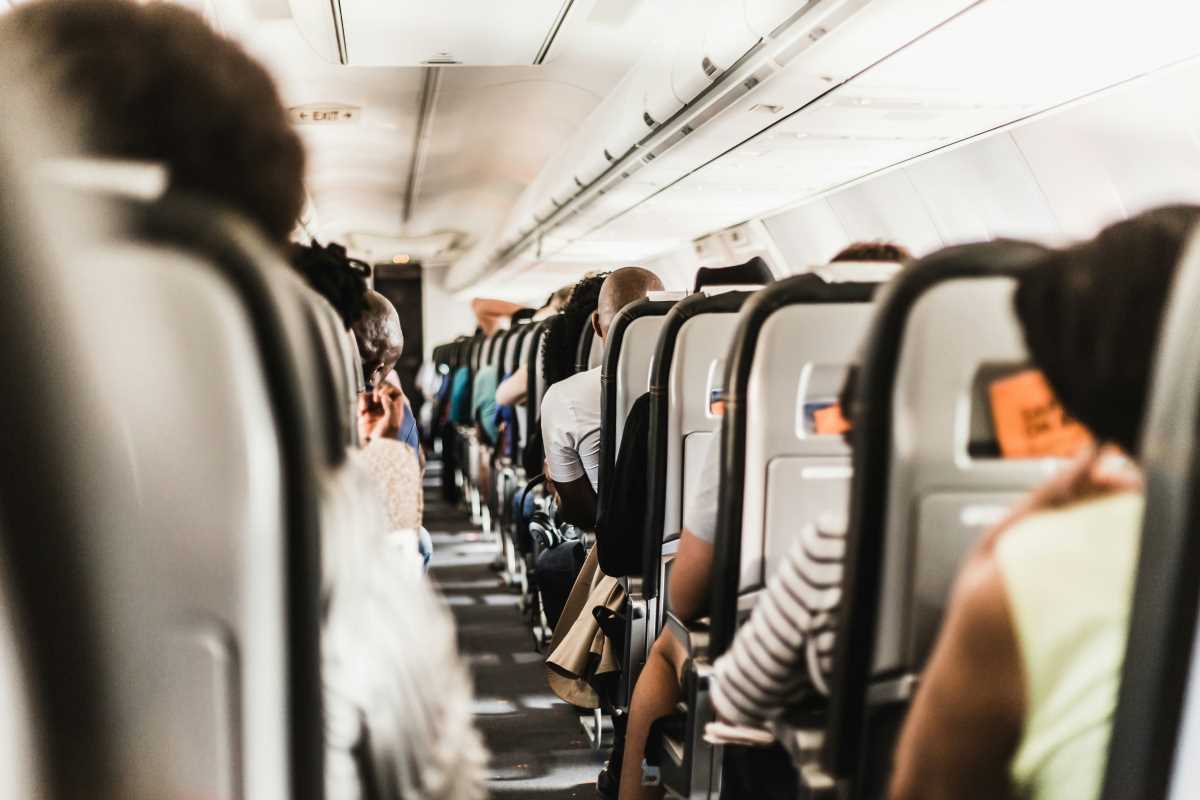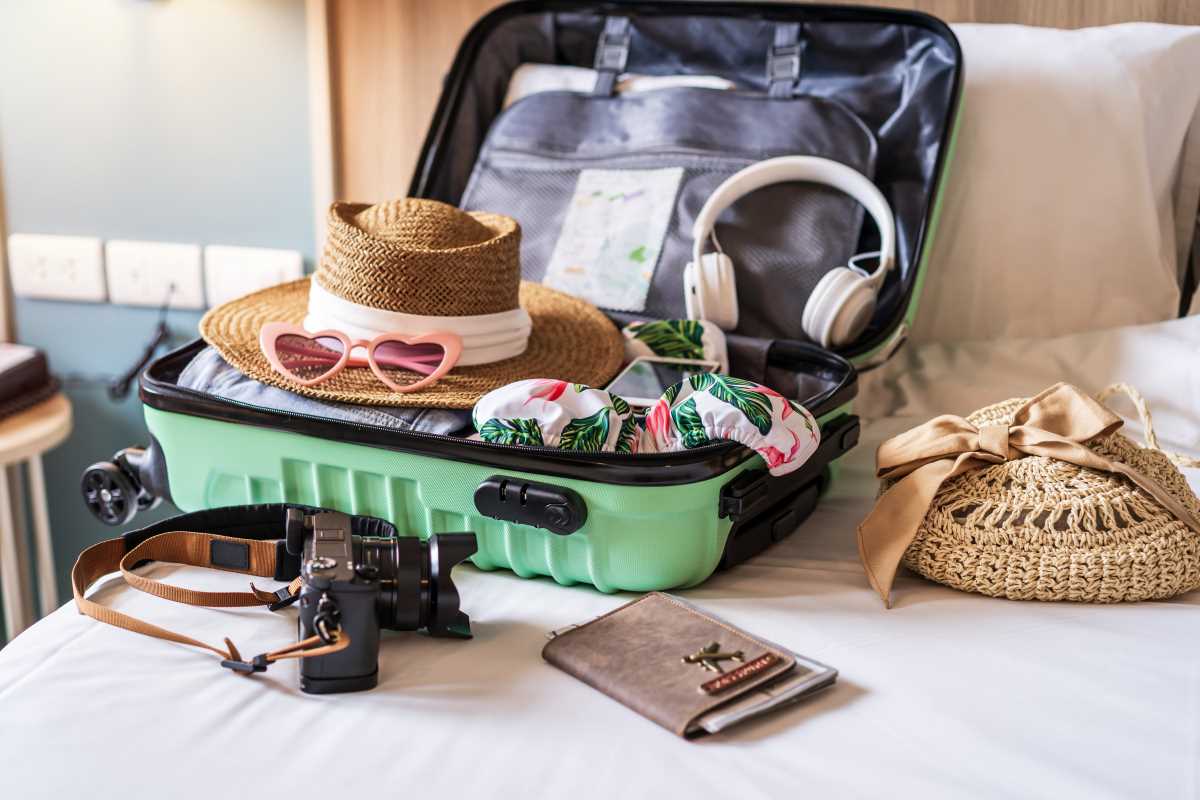Jet lag is a familiar foe for frequent travelers who cross multiple time zones, often leaving them feeling tired, groggy, and out of sync with their usual routines. Thankfully, there are several strategies you can employ to beat jet lag and maintain your energy levels while on the move. By understanding the science behind jet lag and implementing some practical tips, you can minimize its impact and make the most of your travels.
Understanding Jet Lag
Jet lag occurs when your body's internal clock, or circadian rhythm, is out of sync with the local time at your destination. This internal clock regulates sleep, feeding patterns, hormone production, and other bodily functions, which can be disrupted when you travel quickly across time zones. The primary reason for jet lag is the mismatch between your internal clock and the external environment, particularly the light-dark cycle. Disruption of this rhythm can lead to symptoms such as fatigue, insomnia, irritability, and digestive issues.
Pre-Travel Preparations
To minimize jet lag's effects, start preparing before your departure. Gradually shift your sleep schedule to align more closely with your destination's time zone a few days before you fly. For instance, if you're traveling east and will need to go to bed earlier, start by going to bed an hour earlier each night. Conversely, if you're heading west, you might stay up later.
Adjusting meal times can also help reset your internal clock. Begin eating meals according to the time zone of your destination, which can help your body acclimate more quickly upon arrival.
Staying Hydrated
Hydration is key to combating jet lag. Airplane cabins are notoriously dry, which can exacerbate the symptoms of jet lag. Drink plenty of water before, during, and after your flight to stay hydrated. Avoid alcohol and caffeine, as they can dehydrate you and disrupt your sleep cycle further. Instead, opt for herbal teas or water-rich fruits and vegetables to keep your hydration levels up.
Movement and Sunlight
Once you arrive, getting moving and exposing yourself to natural light can significantly aid your body's adjustment to the new time zone. Physical activity helps boost your energy levels and regulate your circadian rhythms. Whether it’s a brisk walk, a short jog, or some stretching exercises, these activities can be revitalizing.
Sunlight is a powerful cue for your internal clock. Spend time outdoors to soak up natural light, which helps signal to your body that it’s time to wake up and be alert. If you're arriving during daylight hours, this is particularly effective.
Smart Napping and Sleep Environment
When you reach your destination, resist the temptation to take long naps, even if you're feeling exhausted. Short power naps of 20-30 minutes can be refreshing, but longer naps may make it harder for your body to adjust to the new time zone. Aim to stay awake until a normal bedtime in the local time to help your body reset.
Creating a comfortable sleep environment can also help you adjust. This means ensuring your sleeping area is dark, quiet, and cool. Consider using earplugs, an eye mask, or white noise apps to block out disturbances.
Technological Aids and Supplements
Technology can also play a role in managing jet lag. Utilize apps that track your sleep patterns and suggest optimal sleeping and waking times based on your travel plans. These tools can help you gradually adjust your schedule to the destination time zone.
Melatonin supplements are another option to consider. Melatonin is a hormone that regulates sleep and can be an effective way to help your body adjust to new time zones. However, it’s important to consult a healthcare professional before starting any supplement regimen to ensure it’s safe for you.
Long-Haul Flight Tips
For long-haul flights, prioritize comfort and rest. Wear comfortable clothing, and consider bringing a neck pillow or travel blanket to help you sleep. Try to get as much rest as possible during the flight by following your destination's time zone. If it's nighttime at your destination, try to sleep; if it's daytime, stay awake and engage in activities to keep your mind occupied.
Maintaining a Healthy Lifestyle
Finally, maintaining a healthy lifestyle while traveling can help reduce the effects of jet lag. Eat balanced meals, stay active, and ensure you get adequate sleep leading up to your trip. Incorporating relaxation techniques such as deep breathing or meditation can also help manage stress and improve sleep quality.
In conclusion, while jet lag can be a challenging aspect of travel, it doesn’t have to derail your plans. By preparing in advance, staying hydrated, using natural light, and making smart sleeping choices, you can adjust your internal clock more easily. With these strategies in place, you’ll be better equipped to enjoy your travels, feel energized, and make the most of your adventures. Safe travels and happy exploring!
 (Image via
(Image via





